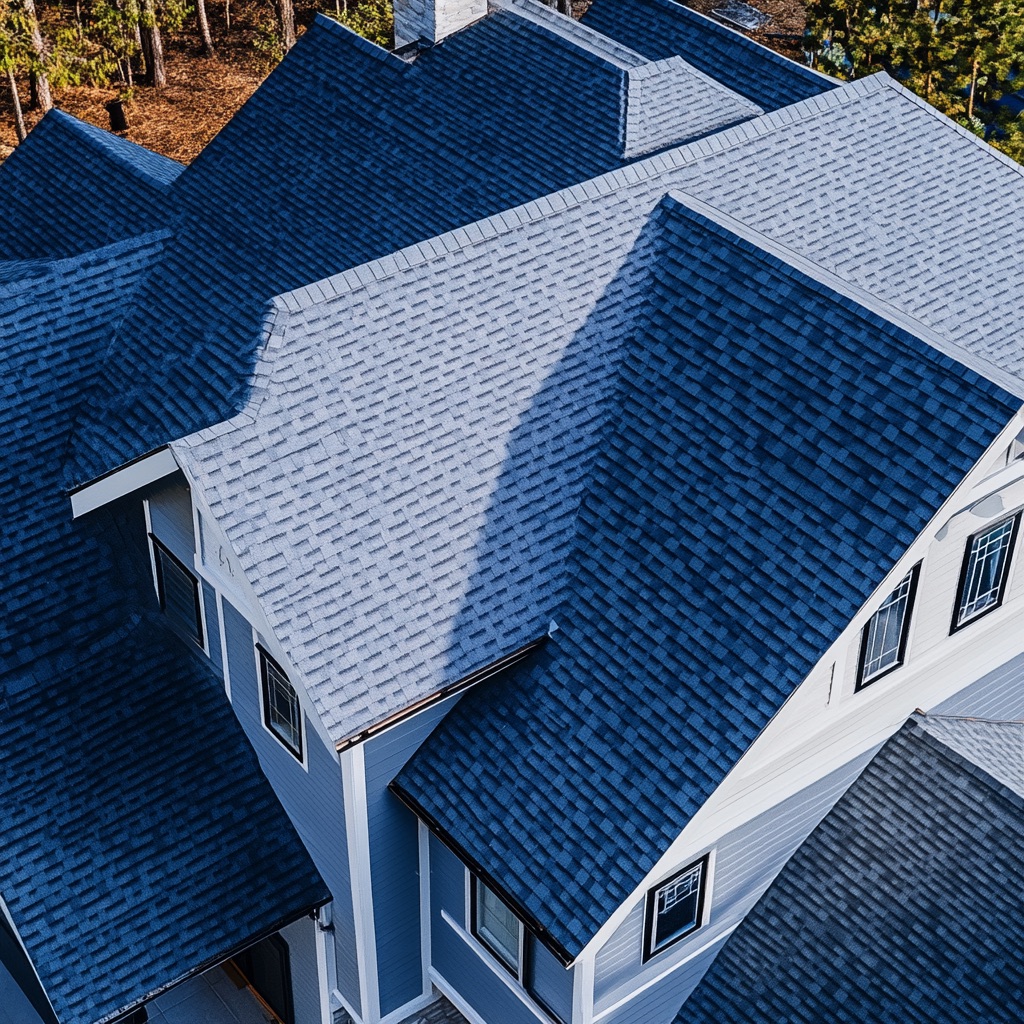Last updated on
Here’s how you can easily decide whether you need to repair or replace your broken roof. Read on!
If you are a homeowner you will face the decision of roof repair vs roof replacement at some point. This decision is not one to take lightly as it not only costs you money but also affects the stability of your home.
Your roof holds great structural significance for your home. Over time, natural wear and tear, weather damage, and the effects of aging can impact your roof, necessitating attention.
But how do you determine if a simple repair will suffice, or if it’s time to invest in a complete replacement? Several factors come into play when making this decision.
Roof Inspection
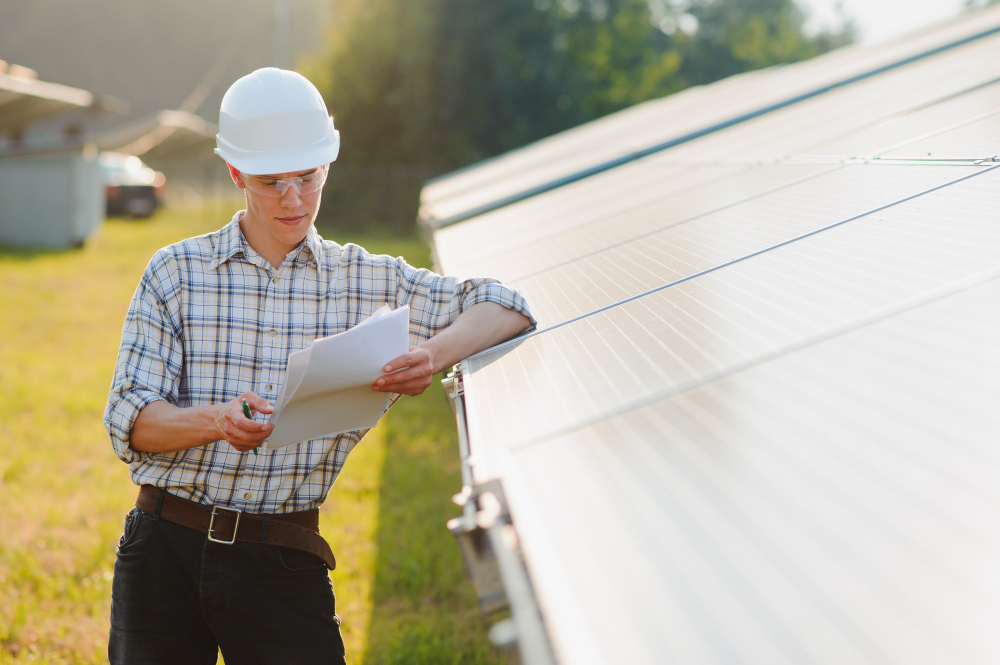
Before deciding whether your roof requires repair or replacement, you will want to start with an inspection. While it is recommended to enlist the services of a professional roofing contractor for a comprehensive evaluation, you can also look for visible indications of damage on your own.
Keep an eye out for cracked or missing shingles, water stains on the ceiling, or areas on the roof that appear to be sagging. Many roofers will offer a free inspection so if you notice anything don’t hesitate to call a professional.
Age of the Roof
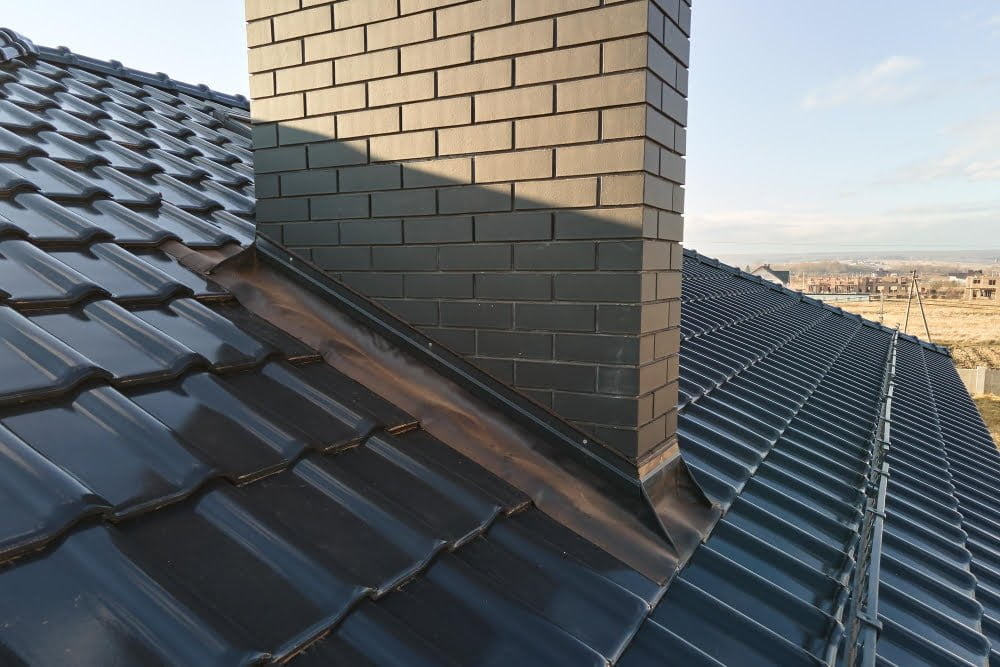
Roofs are not built to last forever. The longevity of your roof relies on factors such as the materials chosen, the climate in your area, and the quality of installation. Generally, asphalt shingles have a lifespan of approximately 20-25 years, while metal or tile roofs can endure for 50 years or even longer.
If your roof is approaching the end of its expected lifespan and exhibits signs of deterioration, it might be more cost-effective to replace it rather than continually repairing individual issues.
Extent of Damage
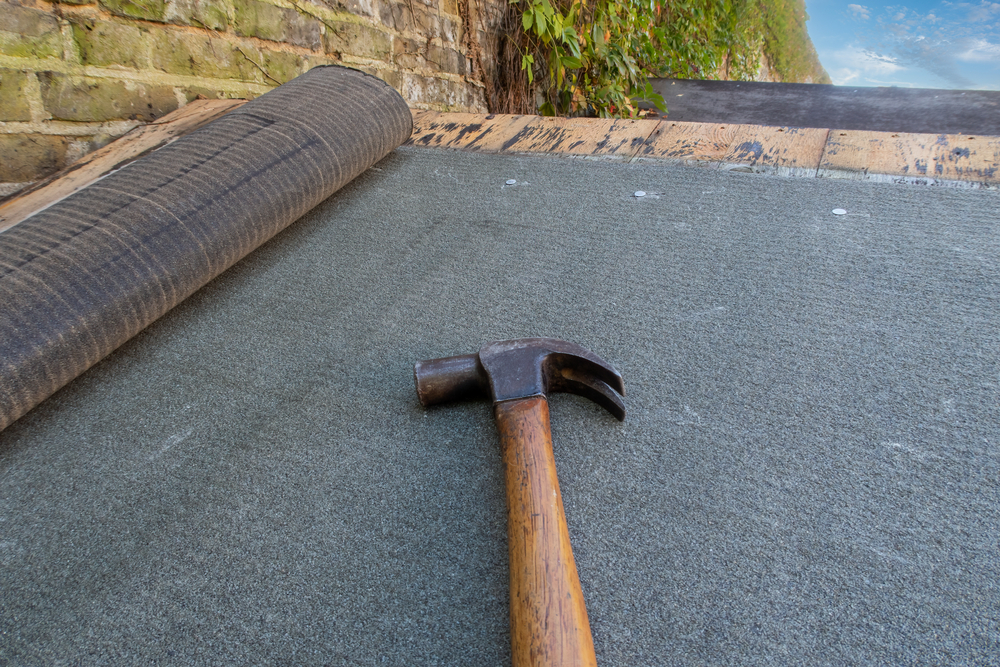
When it comes to deciding between roof repair and replacement, the severity and extent of the damage play a big role. For minor issues like a few missing shingles or small leaks, a repair is usually sufficient.
However, if the damage is widespread, recurring, or has compromised the structural integrity of the roof, it may be necessary to opt for a replacement to prevent further problems. Making the right choice is key to ensuring the long-term stability and functionality of the roof.
Repair Costs vs. Replacement Costs
Before making a decision, it’s crucial to compare the costs of repairing the roof versus replacing it entirely. Although repairs may seem cost-effective in the short term, the cumulative expenses can surpass the investment of a new roof if they become frequent.
It is crucial to weigh the long-term advantages and potential savings of a roof replacement, which include improved energy efficiency and enhanced protection against leaks and weather damage.
Energy Efficiency and Insulation
A worn-out and deteriorating roof can lead to inadequate insulation, causing your HVAC system to work harder and resulting in higher energy bills. This means that if you are able to replace your old roof with one that has energy efficient materials you may actually see a decrease in your monthly energy bill.
Roofing Material Options
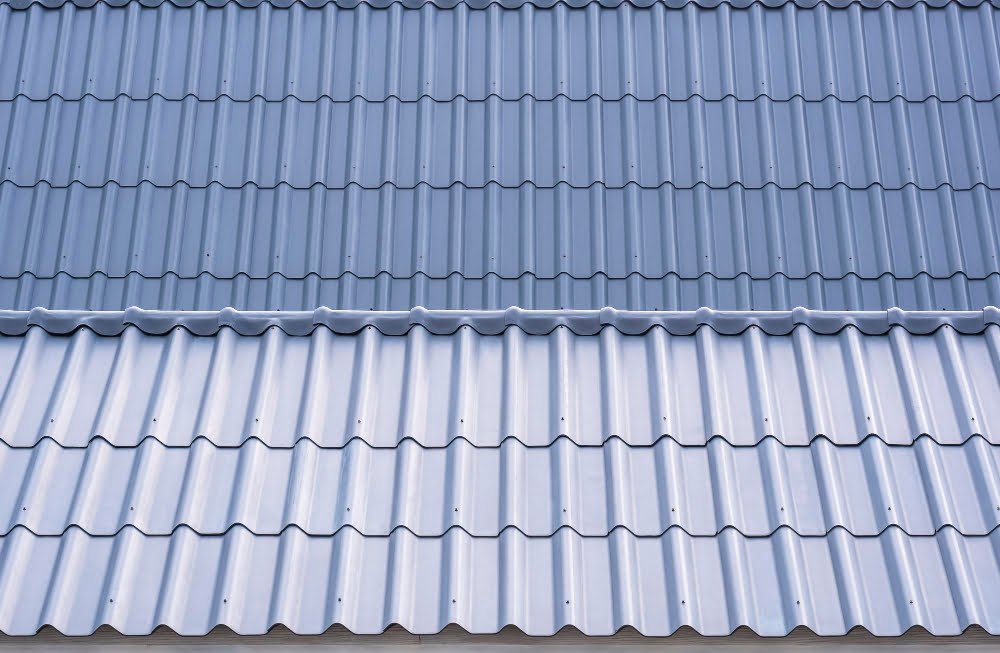
If your current roof is composed of outdated or inferior materials, a replacement provides an opportunity to upgrade to more durable and weather-resistant options. Consider exploring materials like metal roofing, slate, or clay tiles, which can offer better longevity and withstand harsh weather conditions.
Local Building Codes and Regulations
When deciding whether to repair or replace your roof, take local building codes and regulations into account. In some cases, certain types of damage might legally require a complete roof replacement to comply with safety standards.
When it comes to your roof, the decision between repair and replacement holds significant weight. Upgrading your roof can significantly enhance the safety, comfort, and value of your home. When faced with this crucial decision, consider key factors like the roof’s age, extent of damage, associated costs, and long-term implications.
Make a choice that ensures your home remains secure and enhances its overall value. Conduct a professional inspection to get a comprehensive understanding of the roof’s condition. Seeking advice from a trusted roofing contractor can offer invaluable guidance and wisdom.
Remember, investing in a new roof, when needed, brings lasting tranquility and safeguards your home for years to come.
Recap



